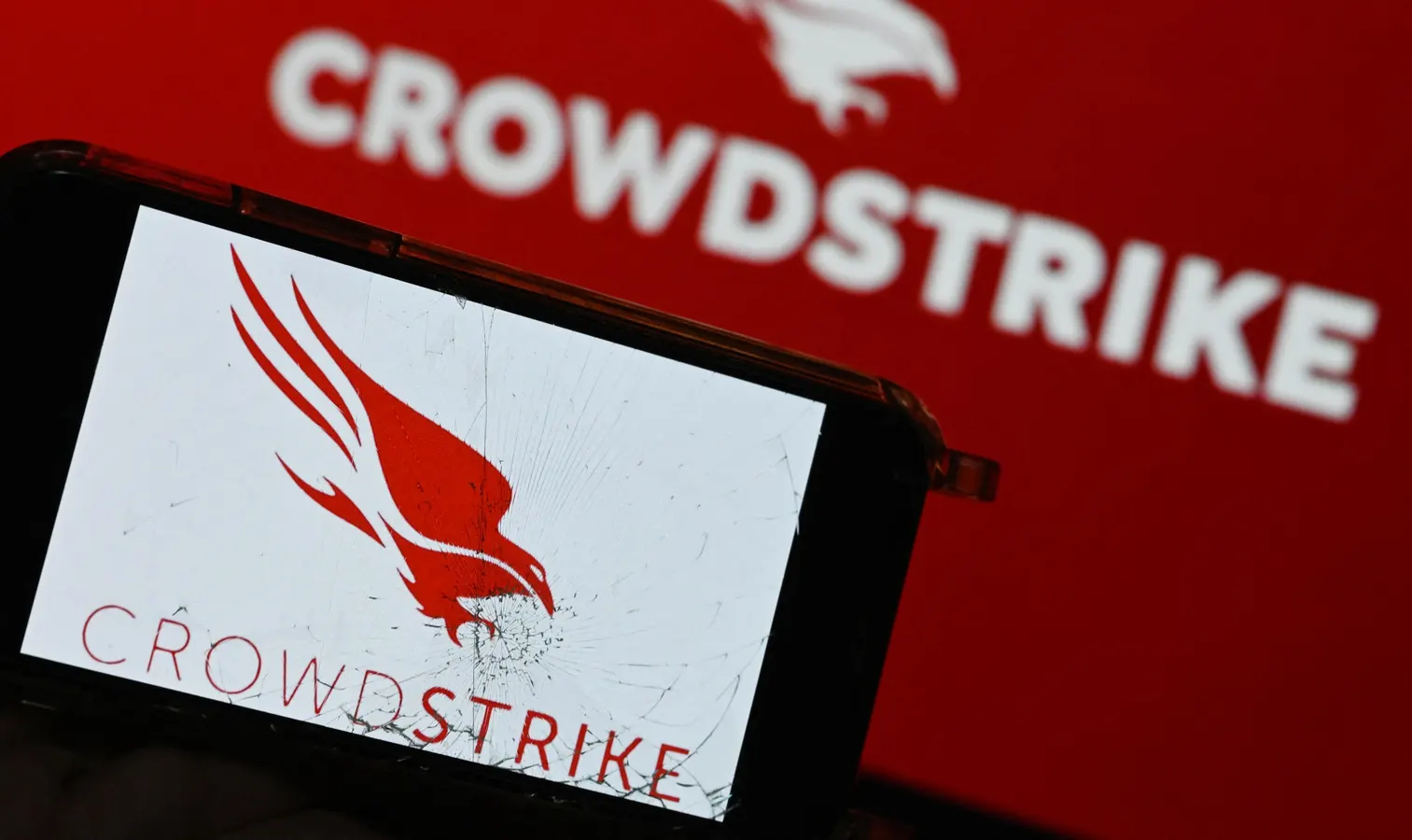By Contributor,Steve McDowell
Copyright forbes

CrowdStrike
AFP via Getty Images
AI is reshaping enterprise operations at unprecedented speed. It’s also creating cybersecurity challenges that traditional approaches struggle to address. As organizations deploy autonomous AI agents to handle everything from customer service to financial analysis, a critical question emerges: Who is responsible for securing the AI systems themselves?
Cybersecurity giant CrowdStrike unveiled its answer at its annual Fal.Con event in Las Vegas. The company launched a new Agentic Security Platform designed to secure AI-driven environments and announced a $260 million acquisition of Pangea, a specialist in AI application security.
Together, the moves place CrowdStrike at the forefront of a market many analysts see as the next major wave in cybersecurity.
The Agentic AI Security Challenge
Enterprise adoption of AI agents is accelerating beyond initial projections. Agentic AI will handle tasks ranging from the mundane to business-critical capabilities like financial transactions to regulatory compliance. This makes securing the agentic AI pipeline paramount to business continuity.
The challenge extends beyond protecting against external threats. AI agents face unique vulnerabilities, including prompt injection attacks where adversaries manipulate AI systems into bypassing security controls or exposing confidential data. Traditional cybersecurity tools, designed for traditional workloads, often prove inadequate against these AI-specific attack vectors.
MORE FOR YOU
This dynamic creates a fundamental risk management problem for enterprise cybersecurity teams. The same AI technologies driving competitive advantage also introduce new attack surfaces that existing security investments cannot protect.
Organizations face the prospect of either limiting AI adoption to maintain security or accepting elevated risks to capture AI benefits.
Closing a Marketing Gap with Agentic Security Platform
CrowdStrike’s answer to the challenges of securing agentic AI centers on its new Agentic Security Platform, built around an “enterprise graph” that unifies security data across endpoints, cloud workloads, and third-party systems. This architecture provides both human analysts and AI agents with contextual intelligence needed for rapid threat detection and response.
The new offering introduces seven specialized AI agents that automate routine security tasks, from vulnerability prioritization to malware analysis. These agents, trained on millions of security decisions from CrowdStrike’s MDR operations, operate at machine speed while maintaining human oversight and control.
Charlotte AI AgentWorks, the platform’s no-code development environment, allows security teams to build custom agents without programming expertise. This allows organizations to more easily create tailored security automation aligned with their specific operational requirements.
Part of the CrowdStrike Agentic Security Platform, its Agent Collaboration Framework connects CrowdStrike agents with third-party security tools from partners like Google, Microsoft, ServiceNow, and Salesforce. It’s an approach to interoperability that recognizes that enterprise security environments will remain heterogeneous, needing acoordination across multiple vendors and platforms.
Pangea Acquisition to Secure AI Infrastructure
CrowdStrike also announced that it plans to acquire Pangea for $260 million to bolster its AI protection capabilities. Pangea specializes in protecting AI applications from prompt injection and other AI-specific attacks, capabilities that traditional cybersecurity vendors lack. This is CrowdStrike’s fifth acquisition in less than two years.
Pangea’s technology addresses both development-time and runtime AI security. Its development tools help organizations build secure AI applications from inception, while runtime protections monitor AI system behavior to detect manipulation attempts. Its comprehensive approach reduces the total cost of AI security by preventing vulnerabilities, rather than just detecting them.
The deal is well timed. By securing AI protection capabilities before widespread enterprise AI deployment, CrowdStrike avoids the integration challenges that typically accompany post-deployment security additions. Organizations can deploy AI agents with built-in protections rather than retrofitting security controls later.
Analyst’s Take
CrowdStrike’s combination of extensive security data, operational expertise from managed services, and integrated platform architecture creates a compelling foundation for agentic security capabilities.
Its vision of agentic security operations addresses a genuine and growing market need as cyber threats increasingly leverage AI capabilities to operate at machine speed. Bringing Pangea’s technology into the fold will only enhance the story.
CrowdStrike’s AI-driven security strategy positions the company to capture additional market share. The combination of comprehensive platform capabilities, strategic acquisitions, and data advantages creates competitive moats that will prove difficult for rivals to quickly overcome.
The AI security market presents a generational opportunity for cybersecurity vendors, much as the cloud security wave reshaped the industry over the past decade. CrowdStrike’s early leadership position, supported by strategic investments and comprehensive platform capabilities, establishes a foundation for sustained competitive advantage.
Editorial StandardsReprints & Permissions



